British royalty follows a well-organized line of succession stemming from the ancestry of the recently deceased Queen Elizabeth II.
With such an extensive family, following the British line of succession can often be a challenging task. But, if King Charles died or were forced to abdicate the throne, who would be crowned the new monarch?
Charles’ Coronation
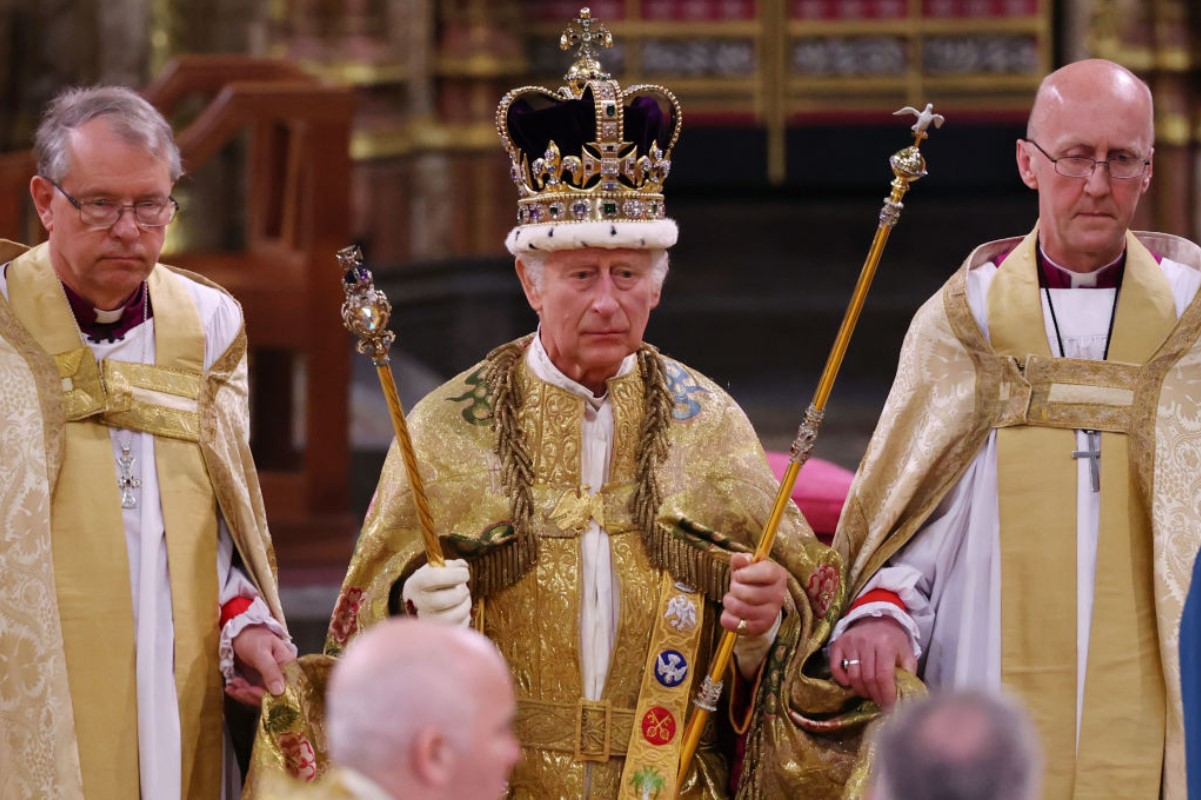
After the death of his queen mother, Elizabeth II, in 2022, Charles was later crowned the new British monarch.
With the recent news of Charles’ cancer diagnosis, many have begun to question what would happen if the king were forced to give up his place as monarch due to ill health. And who would become the next ruler?
Future King of Britain
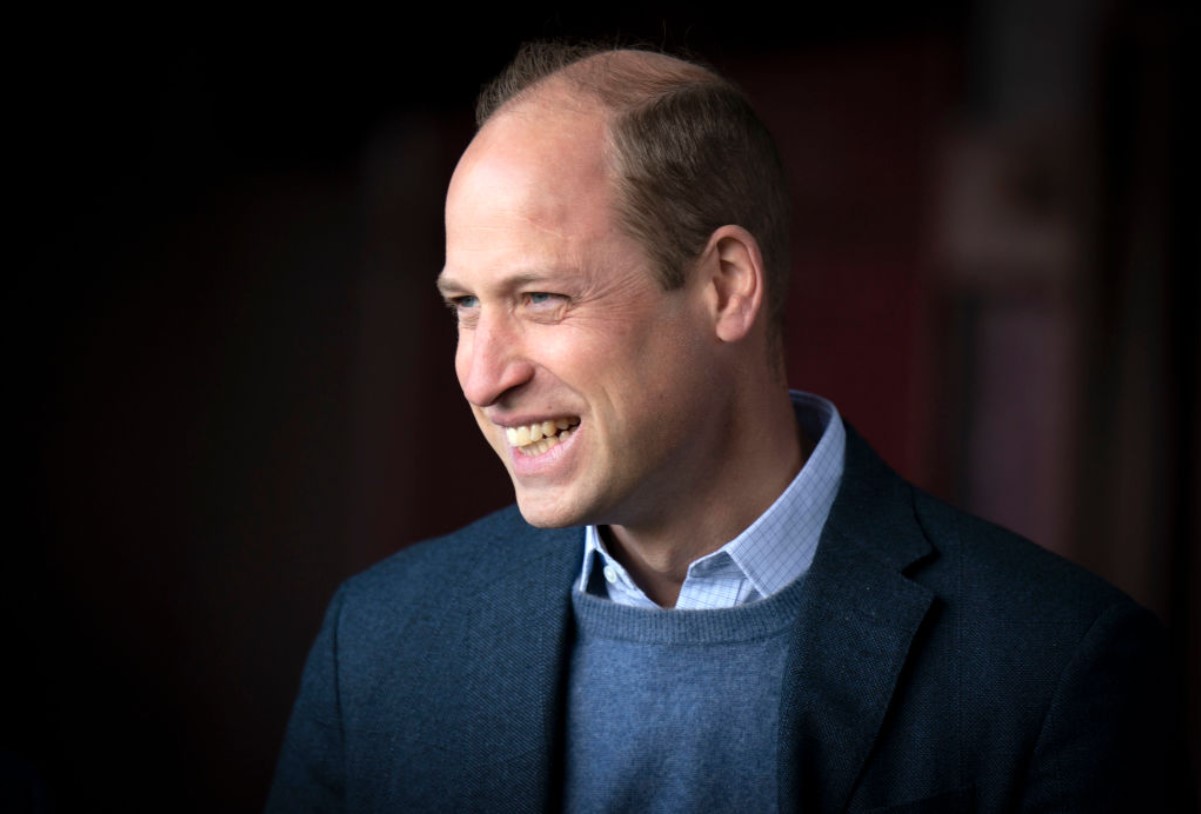
Robert Jobson, a royal author, recently joined the Right Royal Podcast to discuss what would happen if Charles was forced to abdicate the British throne.
“At this moment in time, we don’t really have a clear resolution as to what happens constitutionally. Say, heaven forbid, something happens to His Majesty,” he said.
Uncertain Circumstances Could Unfold
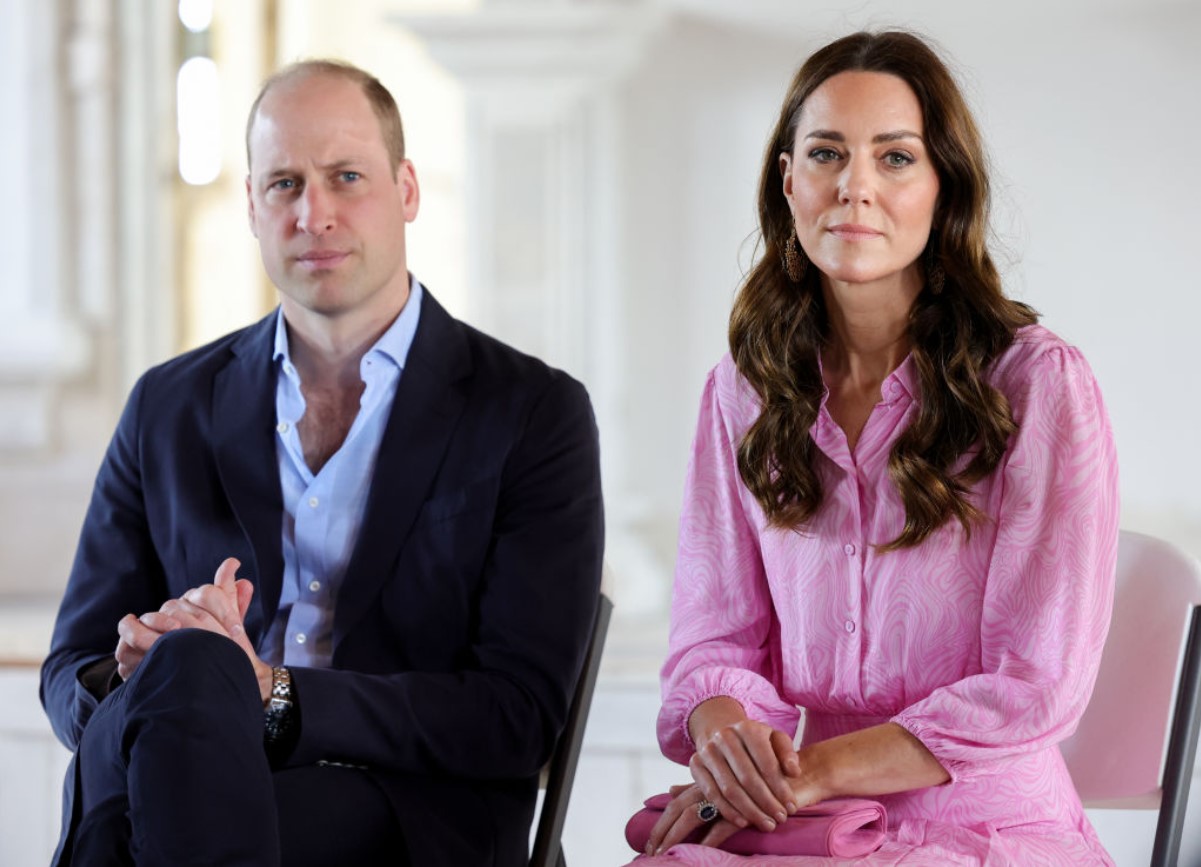
While Jobson admits that the Princess of Wales, William, is clearly next in line, should something happen to him, the line of succession would remain uncertain.
“The queen is effectively retired and becomes the dowager queen … then it’ll be William and Catherine as king and queen. If anything were to happen to William, heaven forbid, you have a child, George, who isn’t of age,” he said.
Royal Step-In
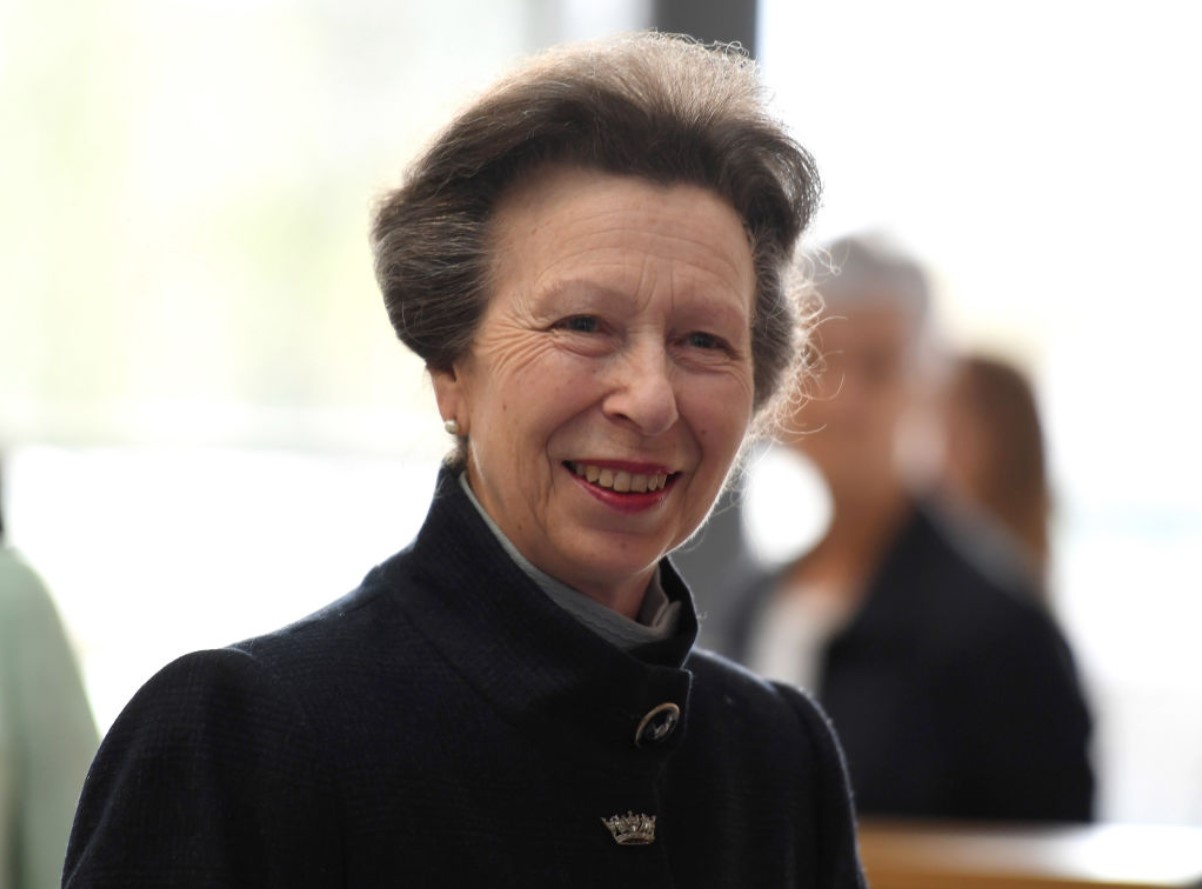
In the wake of William being forced out of rule, a member of the British royals would be forced to step in until George came of age.
“You have to work out who will be the person to step in, and it wouldn’t be Catherine; it would have to be Prince Edward or Princess Anne to act as some form of regent. That’s where the slimmed-down monarchy has become something of an issue,” said Jobson.
The Basis for Succession
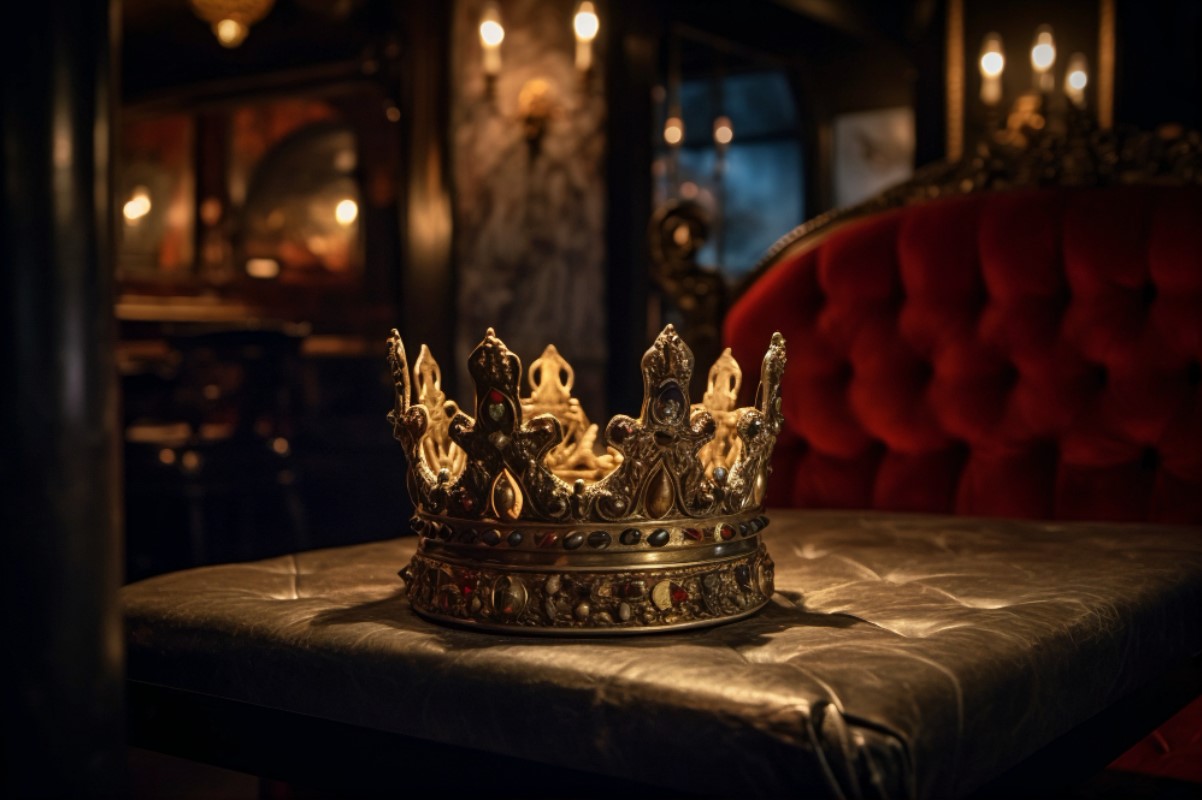
The rules for succeeding to the British throne were officially established during the 17th century when the Bill of Rights and the Act of Settlement were signed.
In 1688, when James II fled Britain, according to the government, he had officially abdicated his throne. Yet, the monarchy wasn’t offered to James’ son. Instead, his daughter Mary became queen, and her husband, William of Orange, became king.
Sovereign Rules Through Parliament

Therefore, it’s apparent that succession does not solely pass from king to oldest son.
According to the Royal Household, “The sovereign rules through Parliament, but that the succession to the throne can be regulated by Parliament, and that a sovereign can be deprived of his/her title through misgovernment.”
Restrictions on Succession
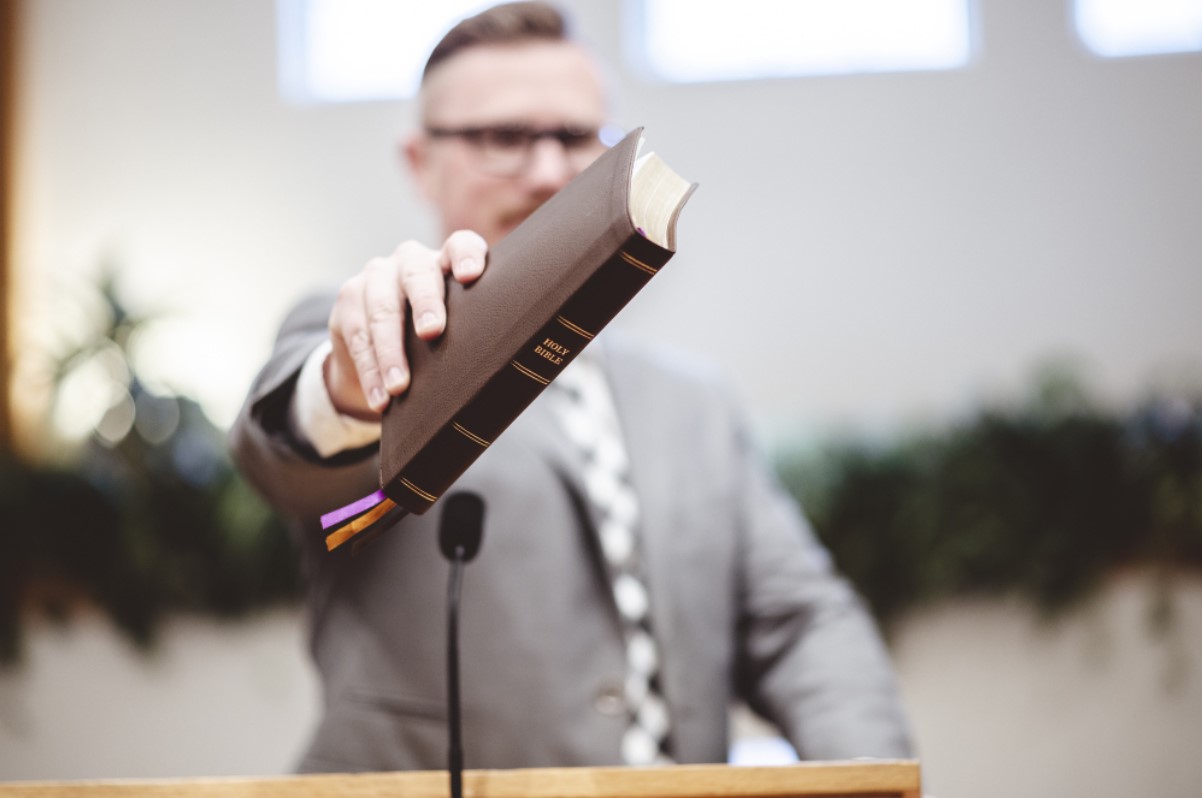
Several minor restrictions could prohibit a member of British royalty from succeeding to the throne.
One thing all future monarchs must do, according to the Royal Household, is “be in communion with the Church of England and must swear to preserve the established Church of England and the established Church of Scotland. The sovereign must also promise to uphold the Protestant succession.”
The Official Line of Succession
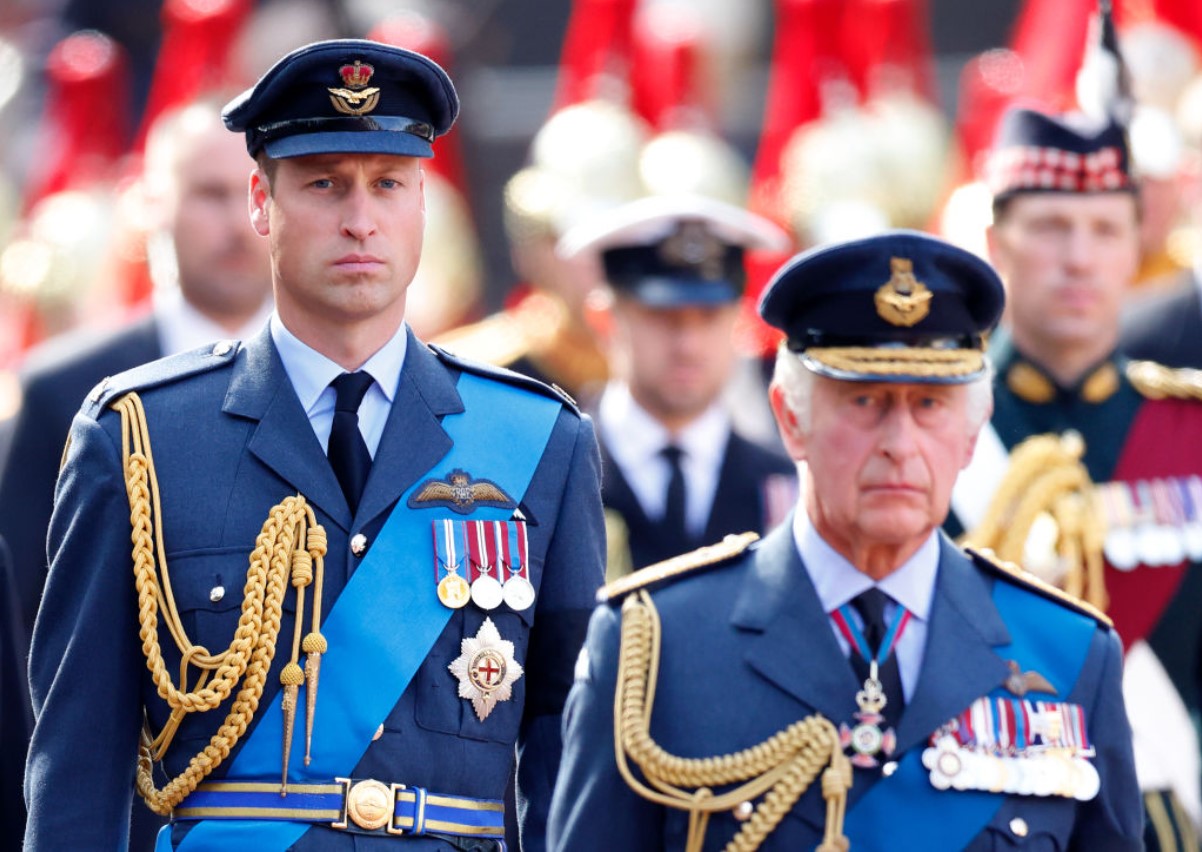
So, going back to the news of Charles and his recent cancer diagnosis, the next obvious ruler, according to the line of succession, would be his eldest son, Prince William.
However, there are plenty of people down the line who may end up ruling Britain one day.
Second in Succession After Prince William
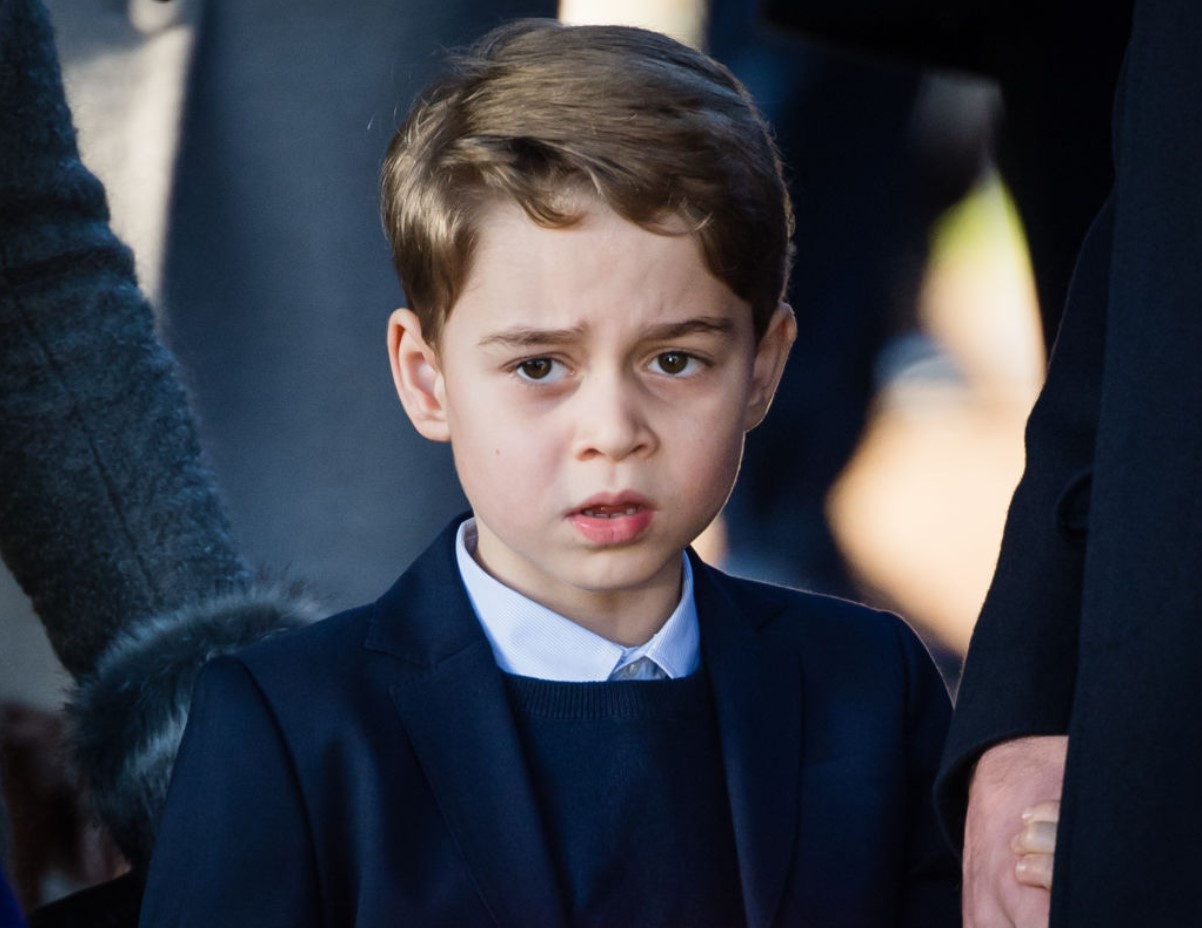
Prince George is second in line to become King of Britain.
The eldest son to the Prince and Princess of Wales, William and Catherine, will turn 11 in 2024.
Princess Charlotte
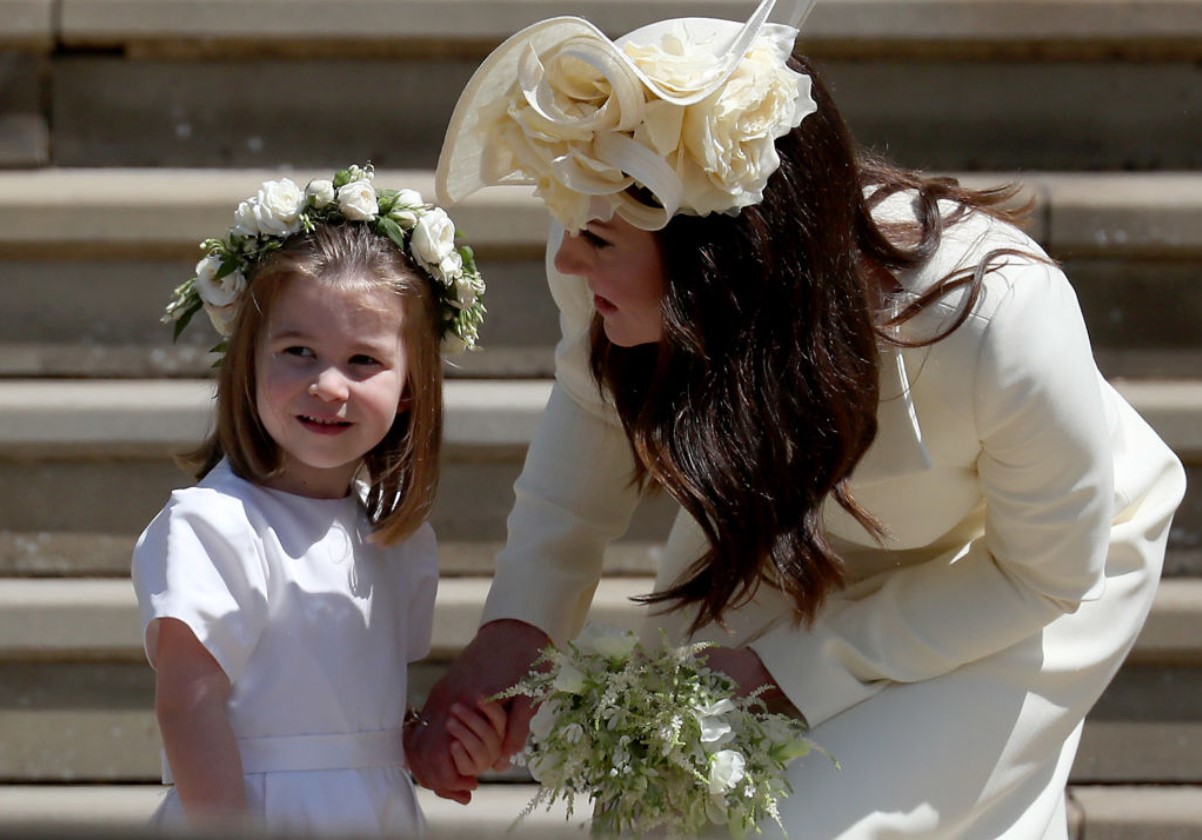
Third in the line of succession is Prince George’s younger sister, Princess Charlotte.
Charlotte was born on May 2, 2015, in St. Mary’s Hospital, London. The young royal and her brother, George, share a similar love of football.
Neverending Line of Succession
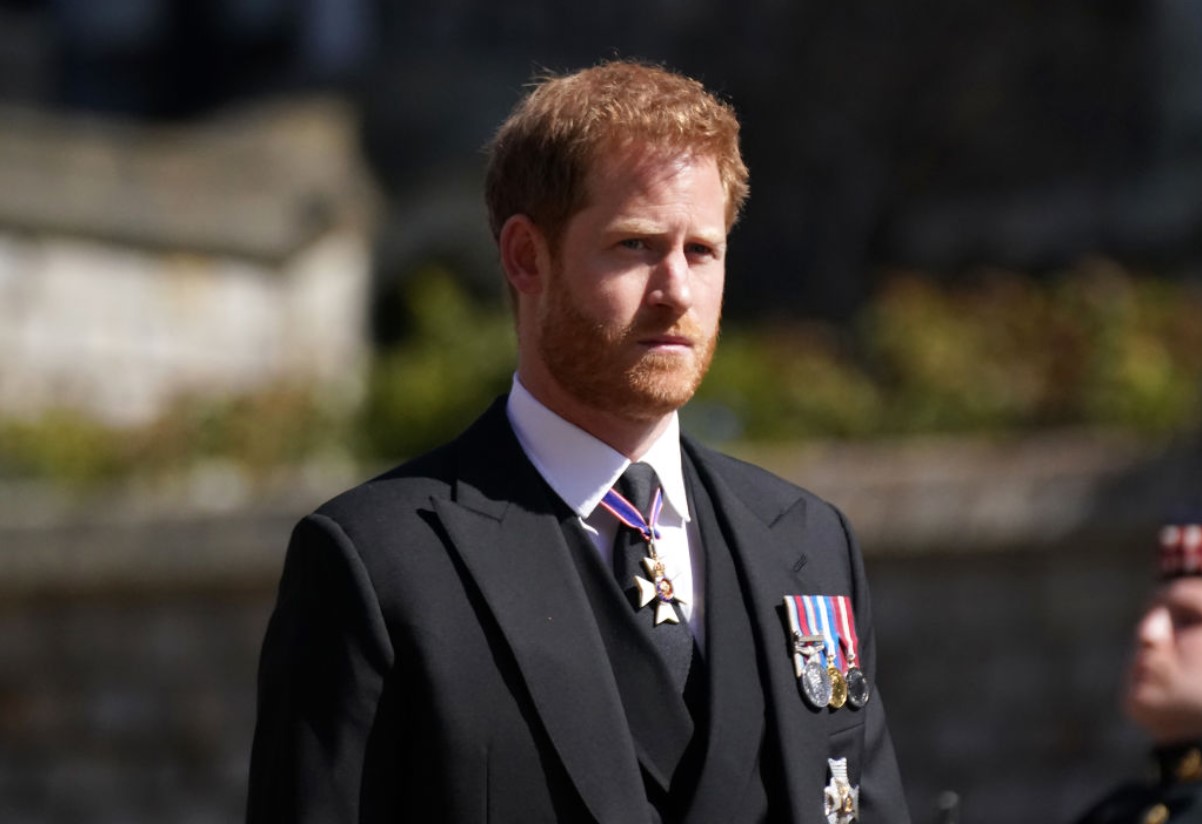
The line of succession for the British throne continues down through Elizabeth’s grandchildren and great-grandchildren.
Fourth in line is Prince Louis, William and Catherine’s third child. After him comes Prince Harry, the brother of the future king, William. Then comes Archie, the son of Harry and Meghan. While it’s unlikely most will become monarchs, it’s more of a safeguard to ensure the lineage continues to rule over Britain.


